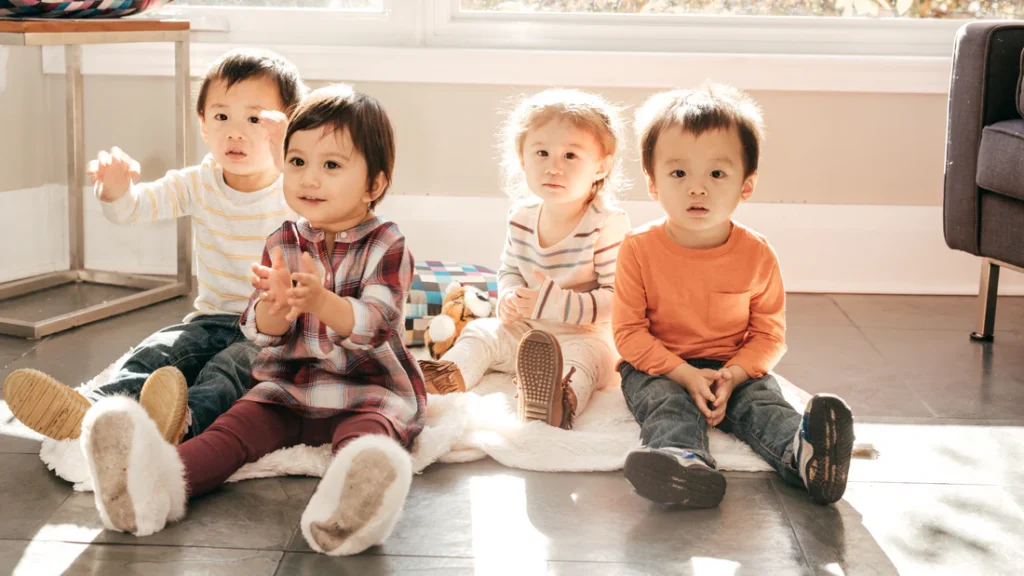The Critical Role of the First 5 Years in Brain Development

The first five years of a child’s life are the foundation for lifelong learning, behavior, and health. During this period, the brain develops at an incredible pace, making early experiences crucial. Parents and teachers play a key role in shaping a child’s future by providing a nurturing and stimulating environment. Here’s why these early years matter:
1. Brain Growth is Rapid
- By age five, a child’s brain reaches nearly 90% of its adult size.
- Neural connections are formed at a rate of 1 million per second.
- Early experiences shape the brain’s architecture and influence cognitive abilities.
2. Language Development Begins Early
- The ability to understand and use language starts in infancy.
- Talking, reading, and singing to children strengthens their vocabulary and communication skills.
- Exposure to rich language environments enhances literacy and social skills.
3. Emotional and Social Skills Take Shape
- Early interactions with caregivers help children develop trust and emotional security.
- Positive relationships with parents and teachers build confidence and empathy.
- Teaching self-regulation and social behaviors at this stage lays the groundwork for future interactions.
4. Play is a Powerful Learning Tool
- Play helps develop creativity, problem-solving, and motor skills.
- Unstructured play fosters independence and curiosity.
- Interactive games strengthen memory and cognitive skills.
5. Nutrition and Health Influence Brain Growth
- A balanced diet rich in essential nutrients supports cognitive function.
- Regular physical activity enhances concentration and mental well-being.
- Adequate sleep is crucial for memory consolidation and emotional stability.
6. A Safe and Stimulating Environment is Essential
- Children thrive in environments filled with love, encouragement, and positive reinforcement.
- Avoiding stress and exposure to adverse experiences helps in emotional development.
- Access to books, music, and creative activities boosts learning potential.
The Role of Parents and Teachers
- Parents: Provide warmth, engage in conversations, read daily, and encourage curiosity.
- Teachers: Create interactive learning spaces, support emotional growth, and foster a love for exploration.
Interesting Read
Final Thoughts
The first five years of a child’s life lay the groundwork for future success. Parents and teachers must work together to provide a supportive, enriching environment that nurtures a child’s brain development. By investing in these early years, we ensure brighter futures for our children.
“The best gift we can give children is a strong foundation for lifelong learning.”
